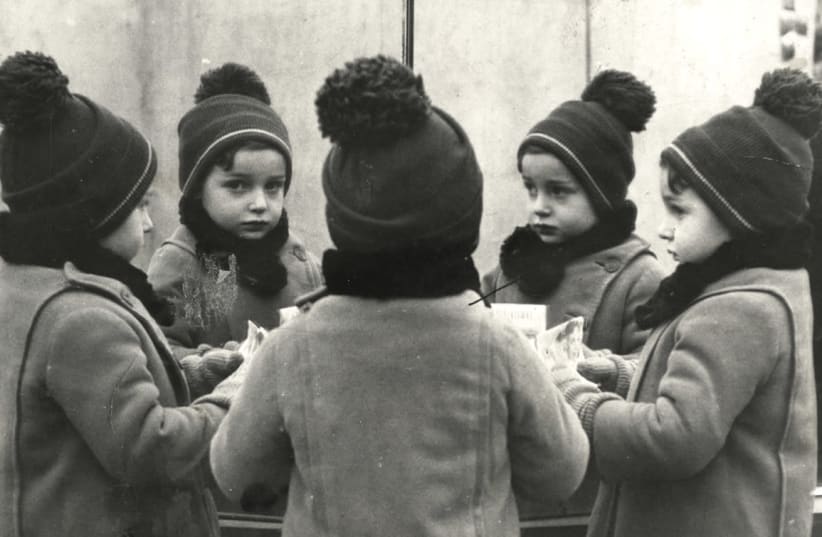Against the background of the ongoing COVID-19 crisis, International Holocaust Remembrance Day is being observed largely online this year, with a wide range of events and online exhibitions taking place on Wednesday to mark the date.
Events are being staged by the UN, the Yad Vashem World Holocaust Remembrance Center, Israel’s Foreign Ministry, the European Union, and other international organizations to observe the day, designated on January 27 as the anniversary of the liberation of Auschwitz-Birkenau in 1945.
UNESCO, the UN and the International Holocaust Remembrance Alliance will be holding an online event on Wednesday afternoon in honor of the victims of the Holocaust, at which German Chancellor Angela Merkel will give the keynote address at a joint commemoration ceremony.
And Israel’s Foreign Ministry, together with the Foreign Ministry of Czech Republic will hold an online event with President Reuven Rivlin, Foreign Minister Gabi Ashkenazi and their Czech counterparts.
Yad Vashem will be hosting a new, online virtual guided tour of the permanent exhibition “Shoah” at the Auschwitz-Birkenau State Museum in Poland, which will take visitors through the Jewish Pavilion, known as Block 27 in Auschwitz I.
The tour will also explore the central themes of the Holocaust and offer “insights into the rich Jewish life that existed prior to 1939 and the world of children during the Shoah.”
Yad Vashem has also created a sub section of its website featuring online exhibitions, educational resources and the unique “IRemember Wall.”
One of those exhibitions is “My Lost Childhood,” telling the stories of seven children’s homes established across Europe in the immediate aftermath of the Holocaust for children who survived the horrors of the Nazi genocide.
“This exhibition sheds light on what Jewish children had to endure in order to survive and then rebuild their lives,” said Dana Porath, director of the Digital Department in Yad Vashem’s Communications Division.
Through the voices of survivor testimony as well as artifacts, photographs and documents from Yad Vashem’s unrivaled collections, the exhibition brings to life the terrifying ordeals of the children brought to these homes, and how they were gently assisted – often by survivors themselves – to reenter normative society.
On Monday, the the European Commission of the European Union and the European Jewish Congress cohosted an online commemoration event where EJC President Dr. Moshe Kantor called on the member states of the European Union to ensure that Holocaust survivors have access to a COVID-19 vaccine as soon as possible.
Kantor also warned of the danger of political extremism, and said that the COVID-19 pandemic has “created the social conditions where antisemitism and extremism thrive.”
The EJC president concluded: “We have a responsibility to prevent the spread of hate speech and conspiracy theories, and I am pleased that the European Union and member states are finally addressing this new threat by recognizing that antisemitism needs to be fought across all policy areas.”
